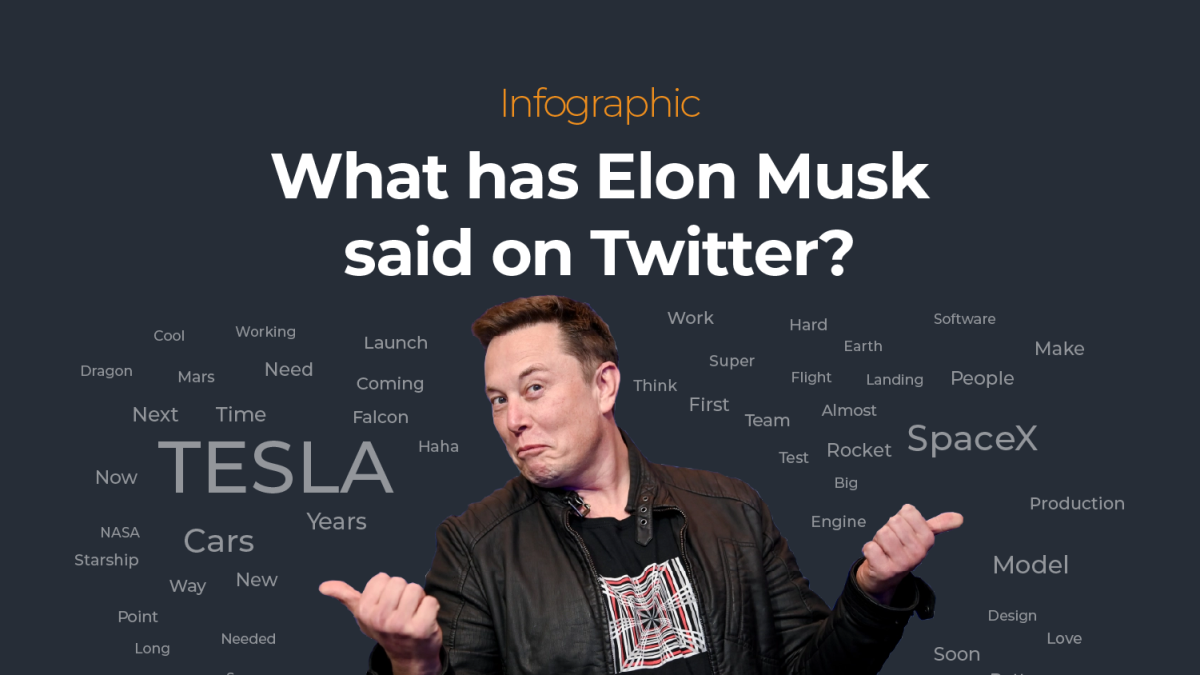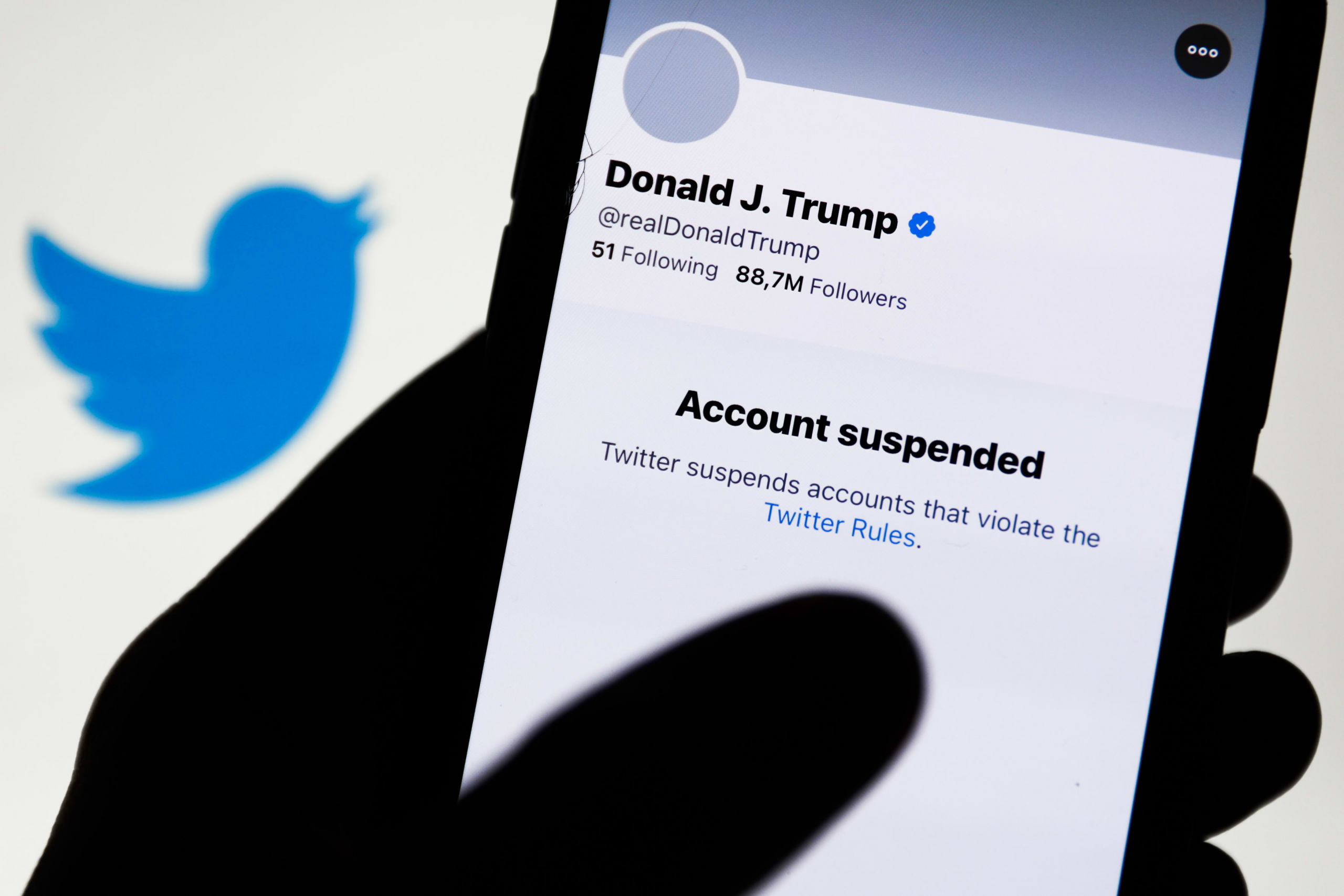What Makes An Idea Social Media Strategy?
Navigating the ever-evolving landscape of social media can be a daunting task for businesses, and crafting an effective social media strategy is way more than just posting content; it’s about creating a dynamic plan that resonates with your audience and drives meaningful engagement.
If you’re a business seeking to strengthen your social media presence, navigating the vast landscape of platforms and trends (hello TikTok and Reels!) might seem like a daunting task. So, we’ve pulled together our top 10 tips that makes an ideal social media strategy. And to find out more about how we can support with your social, pop the team a message.
1. Understanding Your Audience
A successful social media strategy begins with a deep understanding of your target audience. Who are they? What do they care about?
Tailor your content to meet their needs, interests, and pain points. Knowing your audience allows you to tailor content that not only attracts attention but fosters a genuine connection.
How do you do this? Conduct surveys, analyse social media insights, and actively listen to the conversations happening in your industry. By aligning your strategy with your audience, you create a connection that goes beyond just marketing.
2. Have Clear Objectives
You’ll want to define your social media objectives clearly, ensuring they align with your overall business goals. Are you aiming to increase brand awareness, drive website traffic, or gain a larger following?
Establishing specific and measurable objectives helps you track your progress and adjust your strategy as needed. Remember, the more precise your goals, the easier it is to determine the success of your social media efforts at the end!
3. Consistent Brand Voice
Maintaining a consistent brand voice across all platforms is the bedrock of successful social media communication. Whether your tone is professional, witty, or informative – ensure it aligns seamlessly with your brand identity. Brands like Innocent and Ryanair are a great example of this. Consistency builds brand recognition and fosters trust among your audience. It’s not just about what you say, it’s about how you say it across every interaction you have.
4. Content Variety
The ideal social media strategy won’t advise a copy and paste job every week. Diversify your content to keep your audience engaged and interested. Share a mix of static regular content, written content, and reels/videos. Instagram Reels have become a major player in the social media scene lately, catching our keen eye as a noteworthy trend. So, we highly recommend kicking off your social media journey right there!
Business content and behind-the-scenes glimpses add a human touch to a brand. The digital landscape is dynamic, and so should be your content. Embrace trends, experiment with formats, and always keep an eye on what resonates most with your audience. Have fun with it – and things may just perfectly fall into place.
5. Strategic Posting Schedule
Timing is crucial in social media. Analyse when your audience is most active on each platform and schedule your posts accordingly. Consistency is key, so establish a posting schedule that aligns with your audience’s habits.
Use scheduling tools to plan your content in advance, allowing you to maintain a steady flow of posts without being tied to your screen.
At Source, we use software for our clients to guarantee the consistent delivery of their social media posts, precisely at the times when their audience is most engaged. It works really well and we’d absolutely suggest including this to craft the ideal social media strategy.
6. Engagement and Community Building
An effective social media strategy goes beyond broadcasting messages; it involves active engagement. Respond to comments, messages, and mentions promptly. Foster a sense of community by encouraging discussions and user-generated content. Acknowledge your audience’s input, showcase user testimonials, and make them feel like valued contributors to your brand. A thriving community not only enhances brand loyalty but also extends your organic reach.
7. Utilise Analytics
Regularly analyse social media analytics to track your performance. This can help you identify what’s working well and areas that need improvement. Analytics provide valuable insights into audience behaviour, content performance, and platform effectiveness. By using this data, you can refine your approach and maximize the impact of your social media efforts.
8. Embrace Adaptability
In the dynamic world of social media, trends and features pop up regularly, shaping the landscape swiftly.
Keep your finger on the pulse of trends, algorithm shifts, and emerging platforms. Ready yourself to adjust your strategy, embracing fresh opportunities and tackling challenges in the ever-evolving digital terrain. Flexibility is your secret weapon; so be willing to experiment with new formats, platforms, and engagement techniques.
9. Incorporating Visual Appeal
Visuals are powerful in capturing your audience’s attention. If you want to promote your business as high quality, investing in high-quality images and graphics will reflect your brand aesthetic.
Eye-catching visuals can significantly enhance the impact of your social media content, so experiment with different types of visuals, from infographics to behind-the-scenes snapshots. Consistency in visual style contributes to brand recognition, making your content instantly identifiable in a crowded feed.
At the same time though, while beautiful photography portrays your brand well, we’ve also found that some of our best performing Reels and TikToks are just filmed on an iPhone. Users like authenticity as much as they enjoy beautiful aesthetics.
10. Strategic Partnerships
Finally, consider collaborations and partnerships with influencers or other brands in your industry.
This can extend your reach and introduce your brand to new audiences. Authentic partnerships resonate well with audiences and can lead to mutual benefits. Choose partners whose values align with yours, ensuring a seamless integration that feels organic to both your brand and theirs.
This is another arm of what we do here at Source PR. We find that strategic partnerships can really enhance your overall following and engagement – so we offer these collaborations to many of our clients and have been able to build great relationships with local influencers too.
As a business, its pivotal to recognise that the ever-evolving landscape of social media demands a strategic and adaptive approach. Navigating through trends, engaging with dynamic content, and fostering connections with your audience are integral components of a successful digital presence.
Within our agency one of our most popular services is seamlessly handling your social media, tailoring strategies that align with you and your business goals. If you are interested in finding out more on how we can help with your social strategy, drop us a message.



